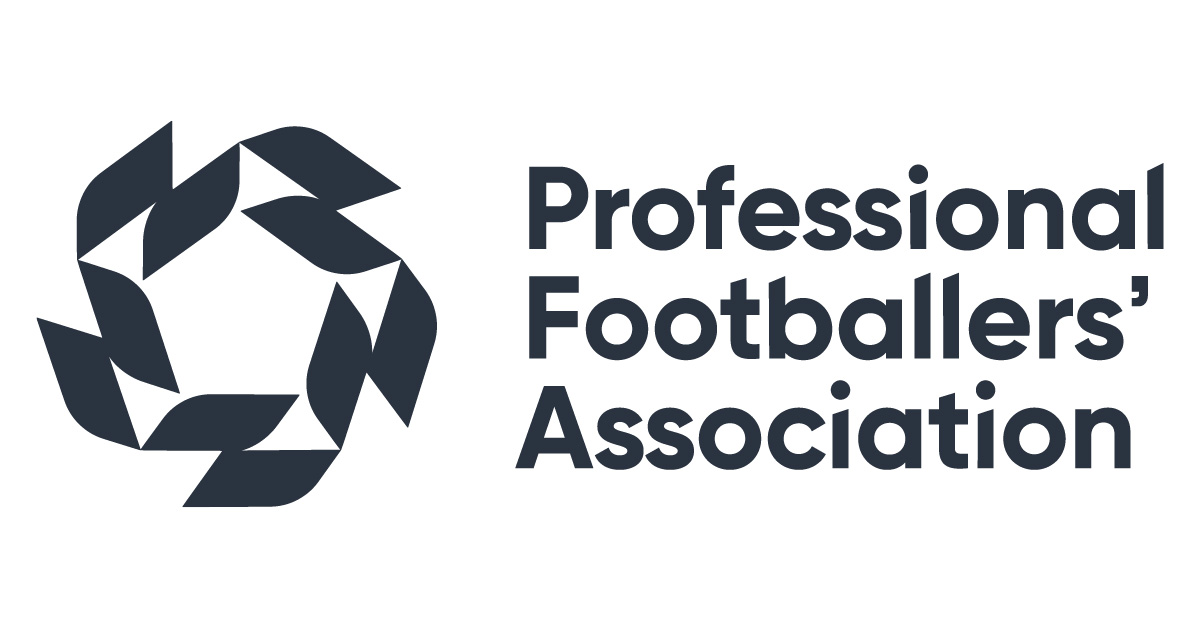Before the start of the next Premier League season, there may have been as many as eight hearings (including appeals) relating to alleged breaches of the Premier League’s profit and sustainability rules (“PSR”) breaches. While stakeholders may, in the first instance, want ‘fair’ decisions, of equal importance will be ensuring their consistency. Zachary Sananes and Matt Caples examine some initial themes that have emerged by reference to the recent sanctions issued against both Everton and Nottingham Forest.
The Premier League Rules, while detailed, lack guidance similar to that given in other leagues (such as the English Football League) in relation to the calculation of appropriate sanctions for PSR breaches. This has arguably made it more difficult for the commissions and appeal boards considering alleged breaches to determine the appropriate:
- methodology for assessing sanctions for a PSR breach, and
- level of those sanctions eg, how many points should be deducted for what level of breach?
This lack of guidance seems likely to create a risk that inconsistent sanctions are given to clubs in respect of PSR breaches. Everton was the first club to be penalised for such a breach, and Nottingham Forest (“Forest”) suffered a similar fate following a recent decision released on 18 March 2024 (the “Decision”). As further breaches are alleged and further cases decided – Everton is already facing a second PSR charge, Forest have appealed their points deduction, and Leicester City were also charged only days ago – the consistency and fairness of the decision-making process will no doubt be scrutinised closely.
The Forest Commission (the “Commission”)
The Commission sanctioned Forest with a four-point deduction, comprising an initial six-point penalty, which was reduced by two points as a result of cooperation-based mitigation. Leaving the mitigation in this decision for another day, the Commission reached a conclusion which may raise eyebrows: that a breach of PSR loss threshold by £19.5m (Everton) and £34.5m (Forest) can attract the same sanction (before mitigation). The PSR loss threshold for present purposes can be thought of as the amount of money a club can lose over a relevant period of time (the “Threshold”). For Premier League clubs, the Threshold is £105m of permitted losses over the prior three-year period. The Threshold for Championship clubs is lower (£39m).
Although this outcome might seem counterintuitive, the Commission has sought to explain its rationale in deciding Forest’s points deduction. It starts with what now appears to be aptly referred to as the “starting point” for the sanction for a Threshold breach. The Commission sought to adopt this approach from the decision of the appeal board (the “Appeal Board”) in respect of Everton’s first PSR charge. However, was the Commission right to do so and has that approach been applied consistently?
Application of Everton
The Commission undoubtedly considered the Appeal Board to have established a precedent for setting the “entry point” for sanction for a “significant” Threshold breach as a three-point deduction (at paragraph 14.13 of the Commission decision): “The commission can see the merit in adopting the Appeal Board’s approach in the Everton Appeal when dealing with a significant breach. As such the entry point should be a three-point deduction too.”
The Commission therefore appears to reach a starting point of six points for Forest by adopting an entry point of three points and adding a further three points on account of the “circumstances and scale” of Forest’s admitted breach (the circumstances are also referred to as “context” elsewhere).
This equates Everton’s and Forest’s breaches with one another, at least in numerical points terms. Some might see this approach as incorrect since Everton’s breach at £19.5m is considerably less than Forest’s breach at £34.5m and appears starker in percentage terms: 19% compared to 77% of their respective Thresholds. However, it is also clear from the Commission’s decision that it must take into account not only the quantitative scale of the breach but also other qualitative factors. When it takes account of those factors, either before or after coming to the starting point, appears to be significant.
This is referenced at para 14.14 of the Decision, where the Commission noted that both “the size of the breach itself and…“incorrect” information being provided to the Premier League” were factors that moved Everton’s breach up the scale to a starting point of six points. By coming to this conclusion, the Commission must have considered that the aggravating factor in Everton was treated as what the Commission describes as “context” or “particular circumstances” when determining the starting point, rather than aggravation. The Commission’s stated approach in Forest was set out in paragraph 9.20 of the Decision:
“The Commission will then consider both Forest’s particular circumstances and the quantum of the breach, that might slide it up or down the points scale to find its starting point, before mitigation (and aggravation, if there was any) is considered; and finally dealing with such matters as suspension.”
If the Commission had considered inaccurate information as aggravation, then by its own method, it would not have considered that factor (or any other particular circumstances) before establishing the starting point for Forest. The fact that it did appears to be inconsistent with how “inaccurate information” was treated by the Appeal Board in Everton at paragraphs 225(ii) and 226, ie as aggravation considered with mitigation, presumably after the starting point had been established.
At paragraph 14.15, the Commission went on to apply its interpretation of what it considered to be the Appeal Board’s approach:
“In the case at hand, the Commission considered whether there were any additional factors that should be taken into account…the only factor driving Forest up the scale will be the size of the breach. It was bigger than Everton’s, but both were in the “significant” breach band. However, there was no additional consideration around incorrect information being provided to the Premier League, as Everton had. The Commission does not know how the three extra points were arrived at by the Appeal Board for Everton, but some part of those three points must relate to the provision of incorrect information. Forest’s breach…was larger than Everton’s and as a result, that alone slides it up the scale by three further points to a starting points of six points.” [Emphasis added]
It is clear, therefore, that the Commission notionally attributed at least part of Everton’s six-point sanction to an aggravating factor, namely, the provision of incorrect information.
Is there a misapplication in Forest?
The Commission acknowledges that Forest’s breach is of a larger scale than Everton’s but concludes that owing to the absence of incorrect information in the Forest breach, a starting point of six points is also appropriate. In effect, the Commission is concluding that as regards a starting point of six points, Everton’s breach of £19.5m + “modest” aggravating factor (ie incorrect information) can be equated to Forest’s breach of £34.5m.
However, the precise rationale for this approach is not clear. This is principally due to the fact that the Appeal Board’s decision does not explain how Everton’s sanction is ultimately comprised, including what element may be attributable to each of (i) the provision of incorrect information (as an aggravating factor) and (ii) positive “trend” (as a mitigating factor).
The Appeal Board’s decision in Everton suggests there is a netting off between the two; see paragraph 226:
“We wish to emphasise that, although there is in this case some (modest) credit to be given for “trend” and some (modest) aggravation in the light of the inaccurate provision of information directly relate to the extent of the breach, the main rationale for the points deduction we propose that there has been a breach of the PSR to a significant extent…”
If they are to be regarded as cancelling each other out (as acknowledged at paragraph 9.10 of the Commission’s Decision), one could argue that the Appeal Board should not have attributed any part of Everton’s six-point sanction to the provision of incorrect information regardless of whether it was considered aggravation or “context”. Nevertheless, as explained above, the Commission specifically refers to the fact that Everton’s starting point is partly attributable to this aggravating factor (while being silent as to the impact of any countervailing mitigation by way of “trend”).
In other words, although the Commission was clearly trying to understand the significance of both aggravating and mitigating factors in the Appeal Board’s Decision, it only appears to have considered the former and not the latter when applying it.
If, when determining the appropriate starting point in the Forest case, the Commission was right to consider the provision of incorrect information as being a “modest” aggravating factor present for Everton, then it also should have taken into consideration the “modest” “trend” mitigation, for which the Appeal Board said credit should be given to Everton. If the Commission had balanced these two factors, paragraph 14.15 of the Commission’s Decision may have read differently.
By not weighing up the mitigating factors in Everton alongside the aggravating factors, the Commission may have miscalculated the portion of Everton’s sanction purely attributable to a breach of Threshold, thus risking the possibility of misjudging the number of points it ought to attribute to Forest’s own breach of Threshold. While it may be possible that the Commission simply regarded both breaches as numerically equivalent on the basis that they were both broadly categorised as being “significant”, that seems unlikely in circumstances where both decisions address the nature of each respective breach (including aggravation and mitigation) in detail.
Concluding remarks
If the Commission in Forest’s case did indeed misapply the approach to sanction taken by the Appeal Board in respect of Everton, it may have equated the two breaches on a false premise.
If the Commission had treated the three points it considers were added to the entry point for Everton’s breach (ie, to get to the starting point) as being purely attributable to the scale of that breach (absent any other factors), it is difficult to see that it would not have concluded that Forest’s starting point should be in excess of six points, given that its breach was much higher. The Commission would then have to consider how many points it would add to Forest’s sanction in relative terms (ie, how many more points should Forest be docked due to the £15m differential).
The Commission’s approach appears to be an entirely well-intentioned attempt at giving a decision consistent with the Appeal Board’s decision. Yet, owing to a lack of formal guidance in the Premier League’s rules, it seems the Commission has been left with the somewhat unenviable task of reverse engineering elements of the Appeal Board’s more holistic methodology in the Everton case.
While each case of PSR breach will be fact-sensitive and feature its own unique circumstances, the risk of inconsistent outcomes (or at least the perception of inconsistent outcomes) might give both the Premier League, and the judicial bodies deciding claims relating to PSR breaches, pause for thought as to whether a more structured methodology for calculating the appropriate starting point in each case might be warranted.
One potential alternative might be to set the starting point purely by reference to the level of breach of a club’s Threshold, with discretion as to aggravation and/or mitigation left to be exercised at a subsequent stage. Seeking to apply discretion at the initial stage of establishing the starting point (per the Commission’s approach of considering context) seems to create scope for inconsistency and a risk of double counting if factors are considered as being potentially relevant to both context for the starting point and mitigation to be considered thereafter.
You can find further information regarding our expertise, experience and team on our Commercial Litigation and Sports Disputes pages.
If you require assistance from our team, please contact us or alternatively request a call back from one of our lawyers by submitting this form.
Subscribe – In order to receive our news straight to your inbox, subscribe here. Our newsletters are sent no more than once a month.







